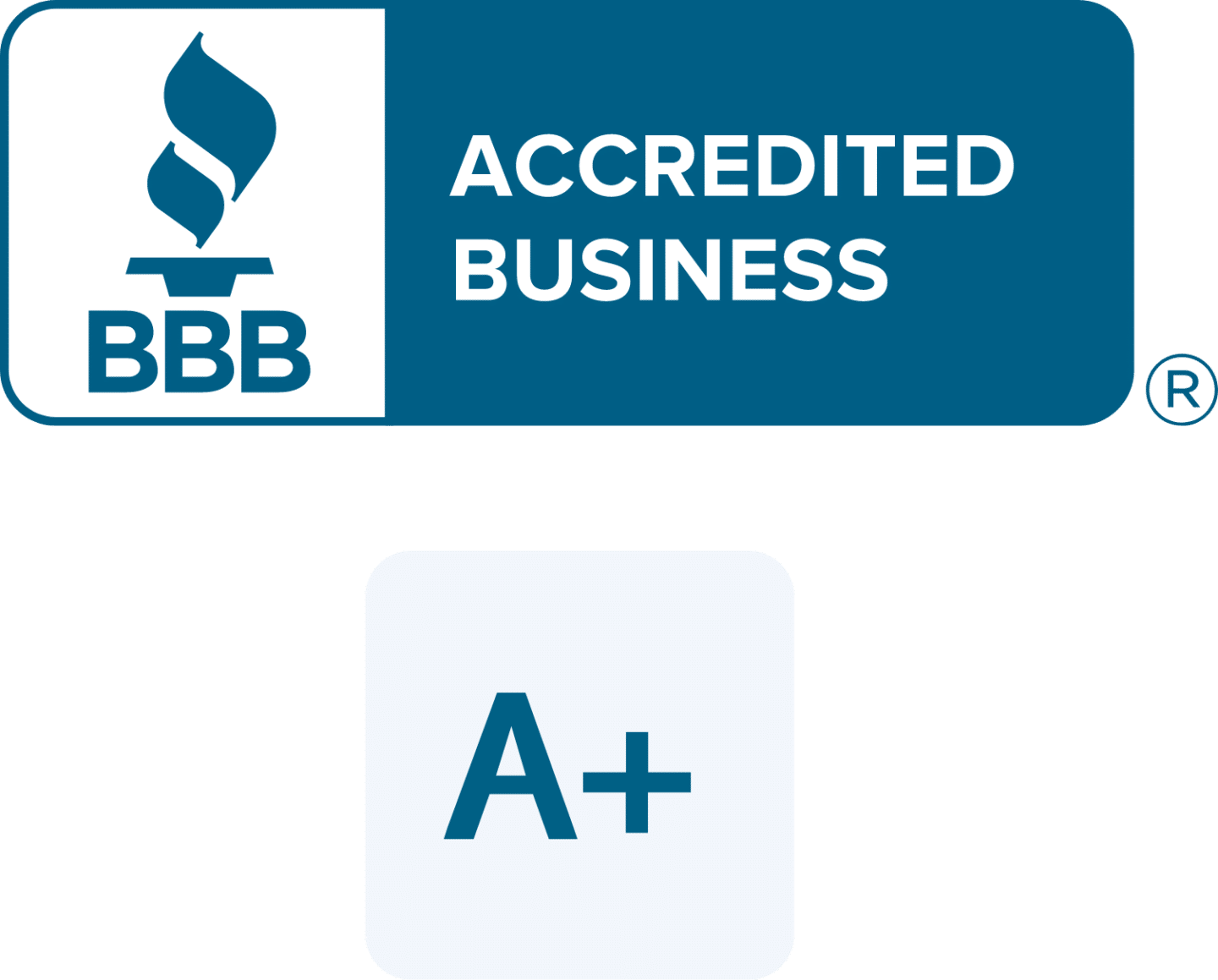
About Youth Coaching Institute
We’re a community of social change agents who are bound by the common thread of navigating our own share of struggles as adolescents. Despite these hurdles, we not only overcame but thrived, building lives we can be proud of. Now, our mission is to reach back and support the next generation of young people by equipping caring adults with the tools they need to make an impact.
Empowering Young Minds: Our Mission & Purpose
We’ve dedicated over a decade to our mission to equip caring adults and youth-serving professionals to build stress resilience and mental fitness in young people through skillful coaching. By fostering insight, strength, and self-discovery, we support tweens, teens, and emerging adults as they navigate life’s challenges and define their own path to success.
Our trained coaches walk away with the tools and understanding needed to help youth thrive—not by removing obstacles, but by nurturing the skills to overcome them. Together, we champion clarity, compassion, and growth, supporting the next generation as they become their most powerful self.

Our Values at Youth Coaching Institute
Competence and Capacity
A coach’s ability to hold a safe and supportive space for others depends on the coach’s openness, willingness, and commitment to remain diligent and engaged in their own wellness, learning, and growth.
Psychological Safety
Coaches create the social conditions conducive to the coachee’s ability to be authentic and vulnerable for the sake of learning and growth. Coaches strive to develop their capacity to self-manage throughout coaching engagements.
Integrity
A coach’s trustworthiness, dependability, responsibility, and consistency are vital to the work we do in the world. Coaches strive to uphold high ethical and professional standards to promote effective coaching interactions and positive coaching experiences.
Diversity, Equity, and Inclusion
We believe our differences can be our greatest strengths. We are committed to making evidence-based coaching and rigorous coach education more accessible and promoting a sense of belonging and value for all who come through our programs.
Frequently Asked Questions
Coaching offers a practical, growth-oriented method for supporting youth as they set and achieve meaningful goals. At its core, coaching is a non-directive and person-centered approach, designed to empower young people to pursue objectives that feel genuine and connected to their values.
Applying Coaching in Educational & Community Settings
- Goal Setting and Action Planning: Use coaching sessions to help teens or young adults clarify what matters to them. For instance, guide them through questions such as, “What is one thing you’d like to achieve this month?” then help break down the goal into actionable steps.
- Promoting Autonomy and Choice: Give young people the freedom to choose what skills they want to build or which projects to pursue, reinforcing their sense of ownership.
- Supporting Self-Reflection: Encourage young people to reflect on their progress and challenges. Asking, “What worked well for you this week and what could be improved?” helps them develop insight and resilience.
- Building Competencies: Provide targeted feedback and celebrate small milestones to boost their confidence, whether mastering a new skill or improving in a subject area.
- Establishing Consistent Support: Consistency is key. Regular one-on-one check-ins foster trust, accountability, and a sense of mattering.
The coaching relationship itself becomes a supportive structure for youth, providing three essential elements:
- Connection to a caring adult who listens well without judgment
- Opportunities to build competencies and self-efficacy
- Time-intensive support that adapts to the student’s individual pace
The Coach’s Role in Practice
Your role as a coach is to nurture the young person’s autonomy, voice, choice, and trust in themselves. Approach each interaction with openness, acceptance, and curiosity. Guide them in making intentional choices and support their progress with encouragement and proven strategies.
Young people who thrive in coaching are ready to take ownership of their growth. They come open to feedback, prepared to engage, and committed to leveraging their abilities and resources to achieve their goals.
How might you integrate coaching conversations into your current setting to empower students toward greater independence and resilience?
We support tweens, teens, and emerging adults as they navigate life, relationships, school, and job commitments with a focus on enhancing well-being to expand their capacity. We help them gain clarity and make decisions that fit who they are, how they want to live, and who they want to be in the world. We train coaches in evidence-based techniques and models to enhance outcomes through these channels:
Care
Help your clients discover and use their own internal strengths to reach goals that matter to them. These personal resources include the body, mind, emotions, values, strengths, and motivations. Through our non-directive coaching, we support clients in finding their own motivation and confidence. This approach encourages clients to take meaningful action outside of coaching sessions.
Connection
Guide your clients to recognize the power of positive connections—with people, places, and communities—to their well-being and success. Strong relationships with family, friends, and community members help build a sense of safety and belonging. Support networks and positive environments, like homes, schools, or workplaces, also provide access to the resources and social connection needed for a good quality of life.
Skills
Support clients in developing their talents and strengths. Identify any skill gaps and learning opportunities to build important abilities including:
- Self-care and positive coping strategies
- Managing thoughts, emotions, and stress
- Setting boundaries and building healthy relationships
- Communication and collaboration
- Academic and job skills, such as focus, problem-solving, and time management
- Financial management
- Skills for independent living
Encourage reflection and growth as clients strengthen these critical life skills.
Adolescents are in a sensitive stage of development. Their social cognition is developing rapidly, which means they’re much more sensitive to others’ judgments about them. They’re more self-conscious as they’re developing their identity and trying to decide where they fit in. They’re dealing with heightened emotions and sensitivity with hormone surges related to biological changes that are still very new for them. They’re wired to be more impulsive and engage in more risk-taking as they develop a willingness to separate from their family and create their own way.
A non-judgmental approach is healthy for all humans but is needed so much more in this developmentally vulnerable stage. The non-judgmental ear can make the difference between whether they reach out for help when they’re struggling or get the support and guidance they really need as they navigate toward healthy independence. The non-directive approach is a way to respect their need to develop their own voice, choice, and self-confidence.
Studies show that adolescent interventions, including personal and social skill-building practices, developed from a strong research base significantly enhance self-perceptions, school engagement, positive social behaviors, grades, and reduced problem behaviors. However, those lacking a research base show minimal effects.
Meet YCI’s Team of Educators
Get to know the members of our passionate team, each playing a pivotal role in nurturing growth and resilience through skilled coaching for the next generation.
Transform Lives & Build a Rewarding Career Through Professional Youth Coach Training
Do you feel ill-equipped to lead youth effectively in your current role? Are you looking to enhance your skill set, start a new career path, or gain valuable certifications? At Youth Coaching Institute, we understand these challenges and have tailored our programs to meet your needs. Whether you’re a mentor, teacher, social worker, or coach, our evidence-based coaching framework equips you with the tools and skills necessary to make a profound impact on today’s youth. Our training goes beyond theoretical knowledge, providing practical, evidence-based strategies to improve your interaction and relationship-building with youth.
We recognize a common concern among professionals in the youth sector: a noticeable gap in the services provided to tweens, teens, and young adults. Many find themselves in youth mentoring roles without a clear direction or framework to guide their efforts. This is where our coaching programs step in. By learning how to coach, you gain a comprehensive set of skills and a structured approach to mentoring. This not only enhances your effectiveness but also transforms the mentoring experience into a measurable, positive journey for both you and the youth you serve.
Our programs and elective courses are designed for anyone seeking to make a deep, lasting impact on the lives of youth, whether through enhancing your current role or embarking on a new career path. The skills and certifications gained through our training are valuable for personal growth and professional development alike. By enrolling with YCI, you not only refine your ability to support and guide young individuals effectively but also open up opportunities for advancement in your field, potentially leading to fulfilling roles in education, social work, or even starting your own coaching practice.
Youth Coaching Expert Insights
Discover a library of free expert resources exploring the youth coaching landscape, the experiences of adolescents today, and opportunities to strengthen your approach.
Elevate Your Impact and Start Coaching Today
Make a positive and measurable impact with the Youth Coaching Institute. Develop your coaching skillset and begin the journey to becoming a certified youth life coach today.




